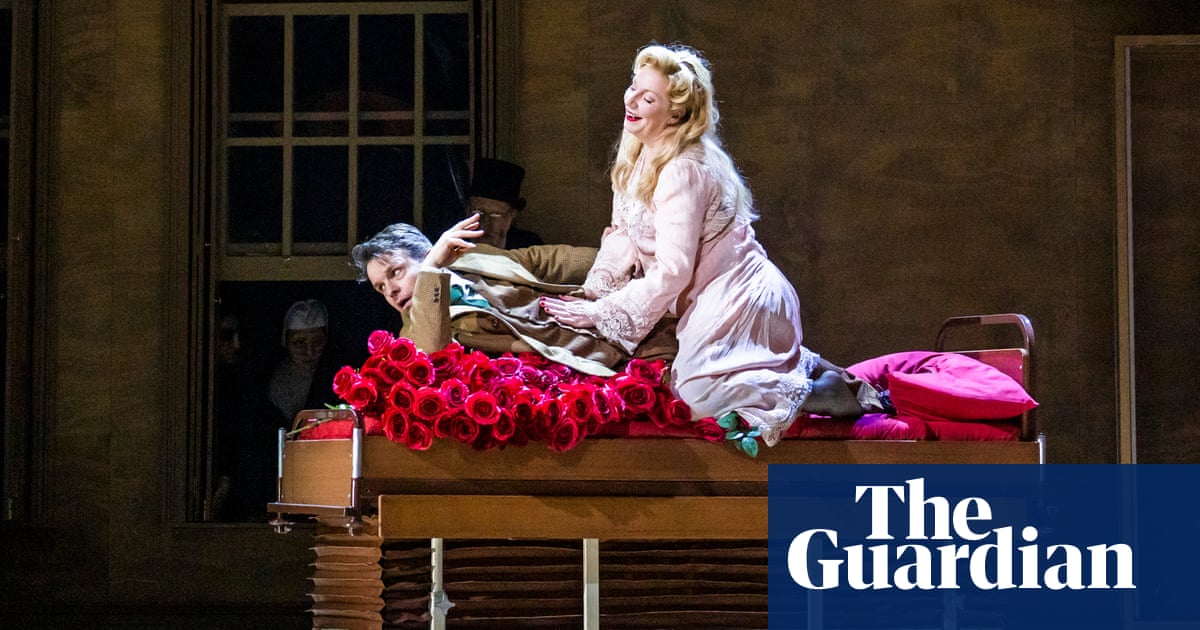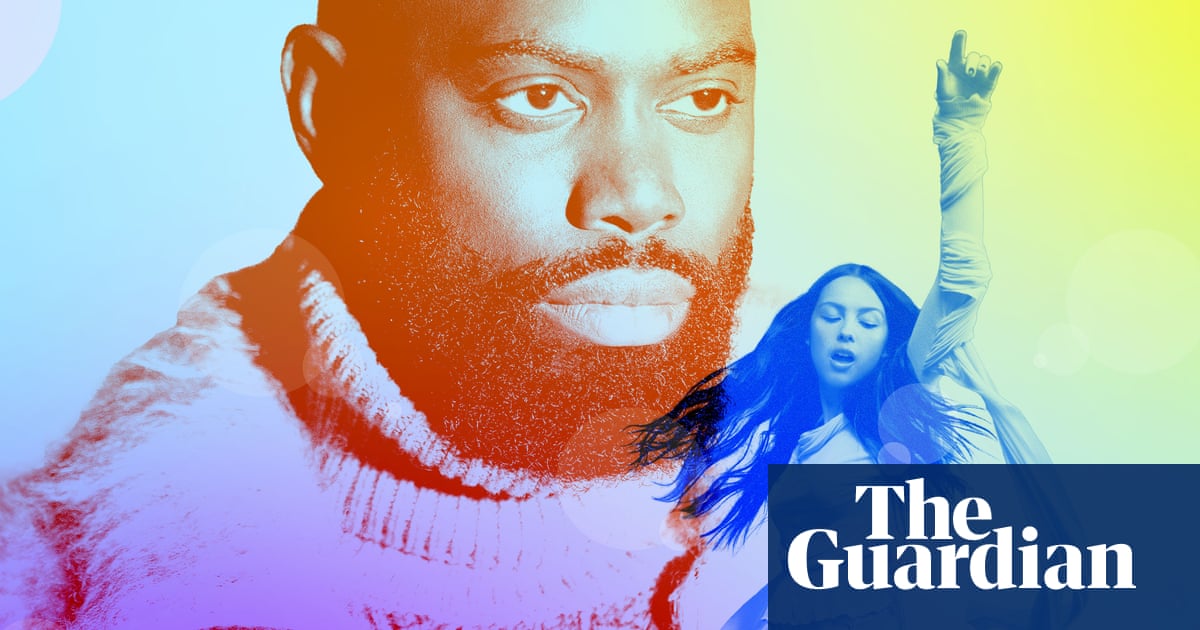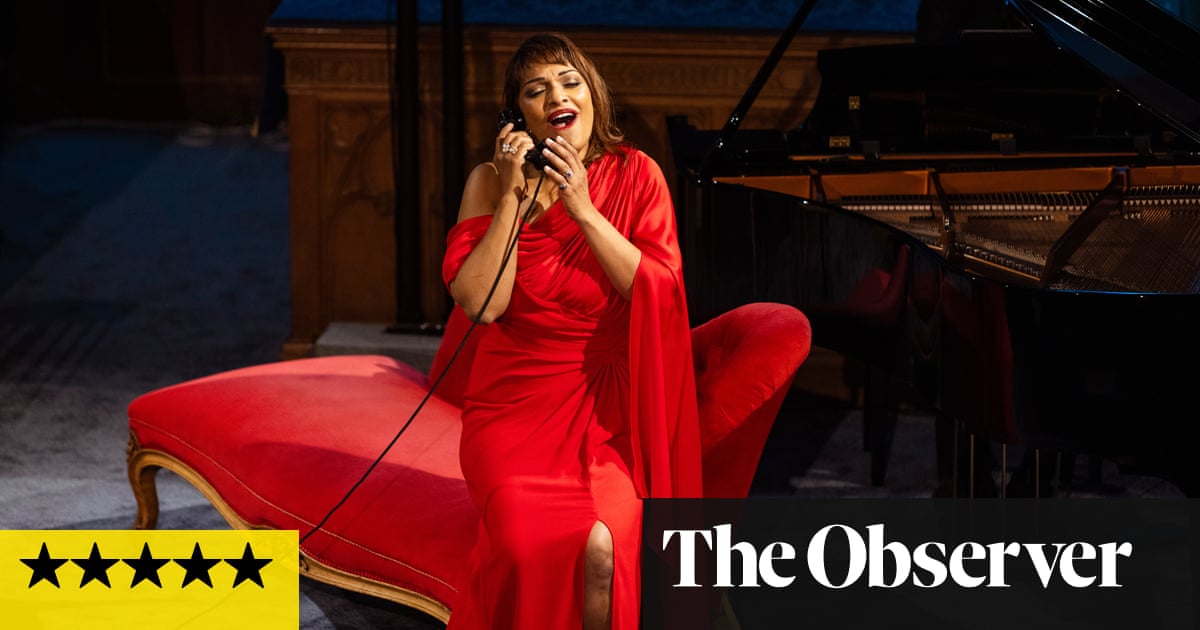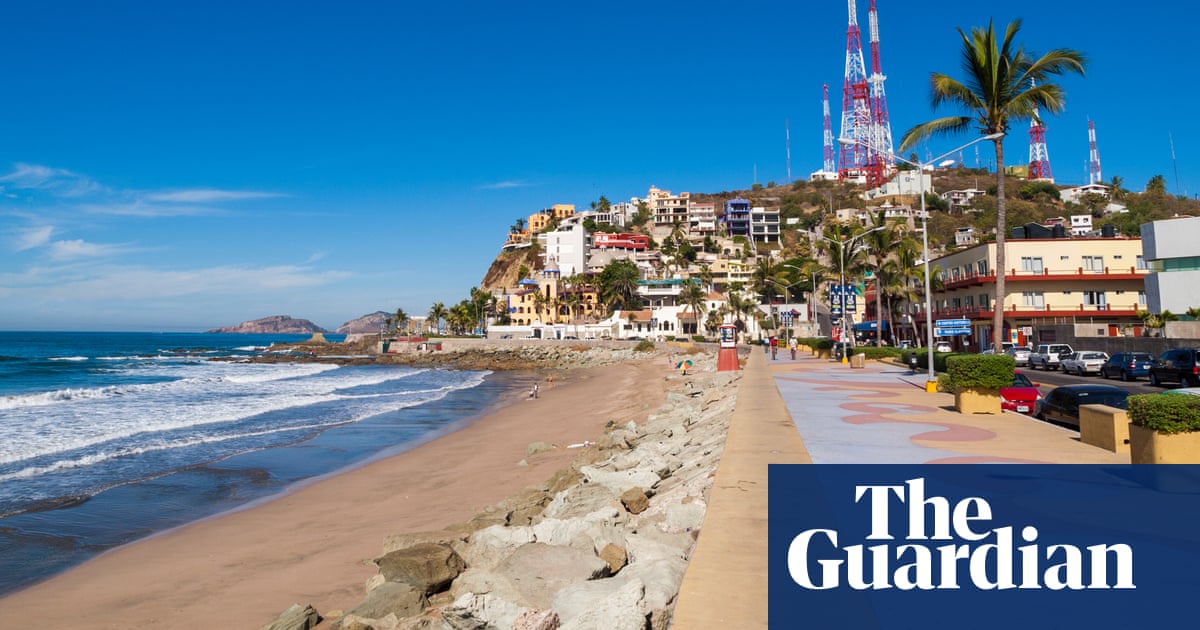
hen I left the Queen Elizabeth Hall in London after Pierre-Laurent Aimard’s recital on 10 March, I little imagined that it would be the last “normal” concert I would attend this year. It was already clear by then that Covid was likely to bring at least a temporary halt to British musical life, but few would have imagined concert halls and opera houses would remain empty for much of the year.
There would be no more public concerts in the UK until August. One by one, all the summer festivals were cancelled, and music-making went entirely online. Singers and instrumentalists gave impromptu recitals from their homes; opera houses and orchestras across Europe made their video archives available. But new work did still go on: Opera Harmony brought together over 100 opera-makers – composers, librettists, directors, performers – to create a collection of short digital pieces of varying quality; later in the autumn, Vopera’s animated version of Ravel’s L’Enfant et les Sortilèges, directed by Rachael Hewer, proved both charmingly imaginative and musically first-rate.
Live concerts returned in June with a month-long series of lunchtime recitals at the Wigmore Hall, all broadcast live on BBC Radio 3 and streamed on the hall’s own website. No audiences were allowed in the hall, but the series did offer the first glimmerings of something like normality, and some of them – the recitals by pianist Paul Lewis, violinist Alina Ibragimova and guitarist Sean Shibe, particularly – were outstanding by any measure. The Royal Opera House hosted a couple of short streamed recitals during June, too, but few other venues were able to follow the Wigmore’s example.
Outside the capital, Britten Pears Music in Snape Maltings was the first organisation to bring limited audiences back into the concert hall, with August weekends of short concerts, each played twice. Glyndebourne mounted a series of outdoor concerts and a production of Offenbach’s one-acter, In the Market for Love, which was later repeated indoors. Not to be outdone, Grange Park Opera commissioned a brand new short opera, the Pushkin-based Feast in the Time of Plague, composed at top speed by Alex Woolf. But perhaps the most imaginative initiative came from English National Opera, with a drive-in production of La bohème in the September rain at Alexandra Palace; there had been another successful outdoor Bohème from Scottish Opera, staged in the car park of its Glasgow workshops.
Meanwhile, the BBC spent much of the summer deciding what to do about the Proms. When it came up with a season – two months of broadcasts from the Proms archives, followed by a generally unimpressive fortnight of live concerts (which did at least include one significant new work, from Richard Ayres) broadcast and streamed from an empty Royal Albert Hall – it found itself the target of rightwing media protests at plans to omit the words of Rule Britannia! and Land of Hope and Glory from the reshaped Last Night; there was a pusillanimous climbdown and the words were reinstated.
The Wigmore Hall took the lead again in September, launching an autumn season (with all concerts streamed live online and, when allowed, performed to socially distanced live audiences) with an outstanding recital by baritone Christian Gerhaher. In the autumn too, most of the British orchestras came up with imaginative online programmes (some before live audiences), either available free on demand, or as pay-per-view; the seasons organised by the London Symphony Orchestra, Bournemouth Symphony, Royal Liverpool Philharmonic and the Royal Northern Sinfonia were particularly extensive. And while the Southbank Centre in London had already announced it would not reopen until April 2021 at the earliest, both the London Philharmonic and the Philharmonia did play in a deserted Royal Festival Hall, though what was streamed live and what was rather fussily prerecorded, was often unclear.
Before lockdown paralysed British musical life, however, there were a number of events that would have been memorable in any year. Top of the list is the Royal Opera’s Alice’s Adventures Under Ground, a dazzling production directed by Antony McDonald that made perfect dramatic sense of Gerald Barry’s breathlessly brilliant score. A few weeks later, the ROH also unveiled its new staging of Fidelio for the Beethoven 250th anniversary year, which was most notable for Lise Davidsen’s performance as Leonore, but was unable to complete its run.
English National Opera had been forced to abandon its planned production of Dvořák’s Rusalka just a few days before it opened, but before the lights went out at the Coliseum there was just one performance of a witty, new Marriage of Figaro, while its production of Verdi’s Luisa Miller, well received musically at least, managed a complete run. Welsh National Opera, from whom nothing has been heard since, did complete its Verdi trilogy with Les Vêpres Siciliennes; Opera North staged Kurt Weill’s Street Scene and Scottish Opera put on John Adams’s Nixon in China. If the concert celebrations for the Beethoven anniversary were more or less stopped in their tracks, the BBC National Orchestra of Wales managed to get in its recreation of the famous Vienna concert of 1808 before everything went dark.












